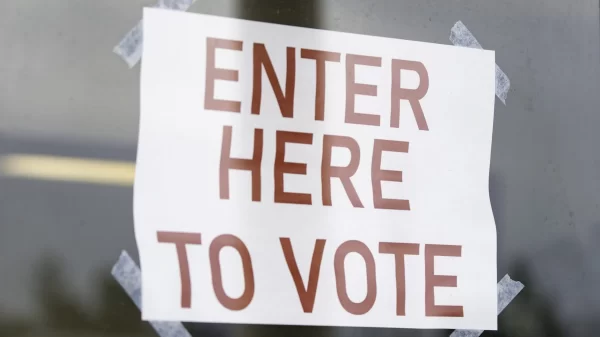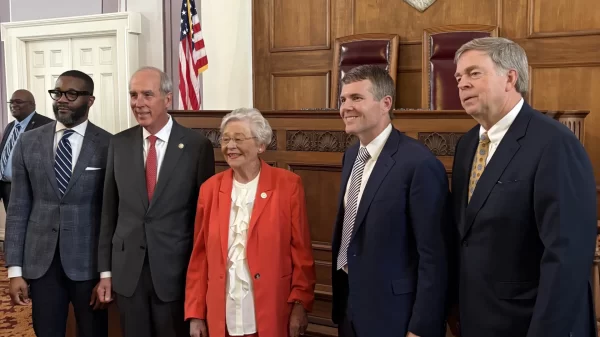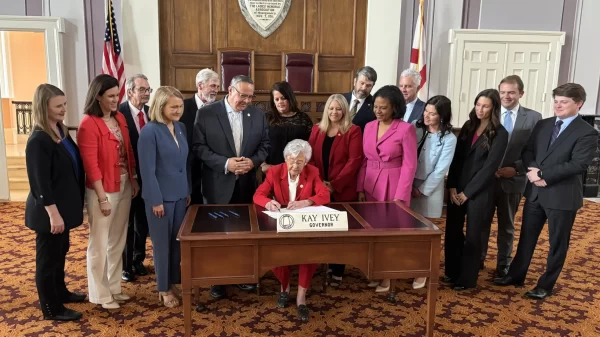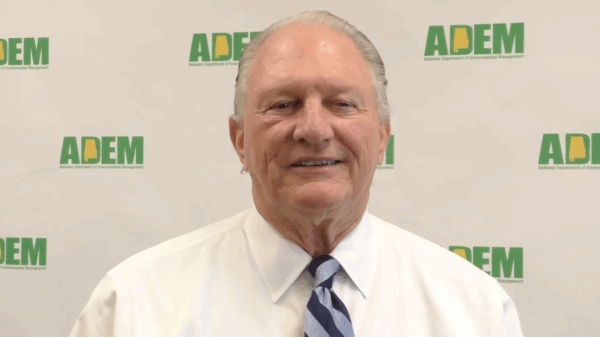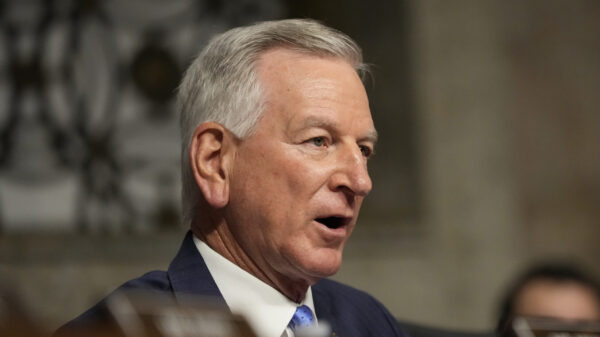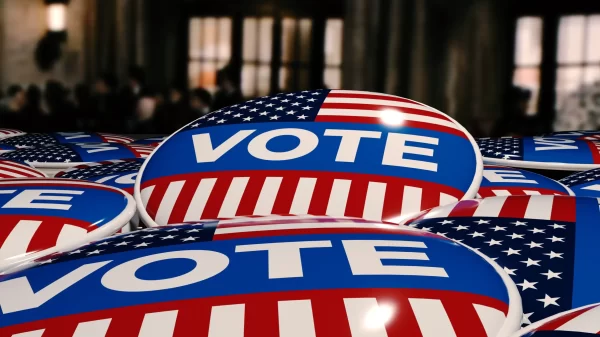|
Getting your Trinity Audio player ready...
|
“If a nation expects to be ignorant and free, it expects what never was and never will be.” With those words, Thomas Jefferson warned against the peril of a poorly educated populace. As the architect of American democracy and the “Father of the University of Virginia,” Jefferson placed education at the heart of freedom itself—a lesson Alabama cannot afford to ignore today.
Jefferson’s writings resonate with a vision for an educated citizenry as the cornerstone of a thriving republic. He believed education was not just a personal virtue but a public necessity. His declaration that “an educated citizenry is a vital requisite for our survival as a free people” directly confronts Alabama’s current struggles, where underfunded schools and limited access to higher education diminish the potential of far too many. These are not just challenges; they are barriers to the liberty and opportunity Jefferson held sacred.
Jefferson’s philosophy was refreshingly egalitarian for his time. “By selecting the youth of genius from among the classes of the poor, we may avail the State of those talents which nature has sown as liberally among the poor as the rich,” he wrote. Imagine an Alabama where this ideal is realized—a state where talent, not wealth, determines opportunity. Yet today, economic disparities often dictate the quality of education a child receives, creating a chasm Jefferson would have deplored. Addressing this requires bold investments in public schools, equitable funding, and scholarship programs that open the doors of higher education to all.
Jefferson also recognized education as a safeguard against tyranny. “Whenever the people are well-informed, they can be trusted with their own government,” he wrote. This belief underscores the urgent need for comprehensive civics education in Alabama, where political discourse is too often hijacked by misinformation and polarization. By teaching our children the principles of government, the responsibilities of citizenship, and the value of truth, we can empower them to be not only participants but stewards of our democracy.
Beyond the classroom, Jefferson’s commitment to lifelong learning offers a blueprint for Alabama’s future. As technology reshapes our economy, accessible education for adults—through community colleges, vocational training, and online programs—must be a priority. “Knowledge is power,” Jefferson wrote, and in today’s world, it is also the key to independence and economic security. Alabama’s workforce can only thrive if we embrace education as a dynamic, lifelong pursuit.
But Jefferson’s vision was never just about utility. It was about the moral and intellectual growth of individuals and the collective enlightenment of society. “Enlighten the people generally, and tyranny and oppressions of body and mind will vanish like evil spirits at the dawn of day,” he declared. If Alabama truly embraced this ethos, it could transform into a state where education serves as the great equalizer, dismantling barriers and unlocking potential in every corner.
Imagine a state where every citizen has the opportunity to learn, grow, and contribute fully to their communities. This is the Alabama Jefferson envisioned—a beacon of opportunity, guided by the light of knowledge and the promise of liberty.
The time for action is now. Let Alabama rise to Jefferson’s challenge, ensuring that ignorance no longer holds sway over our future. By investing in education at every level—from primary schools to adult learning programs—we can build a state where liberty and opportunity flourish for all. Jefferson’s “crusade against ignorance” is as relevant today as ever. Let us take up that cause and ensure that Alabama’s brightest days are still ahead.


